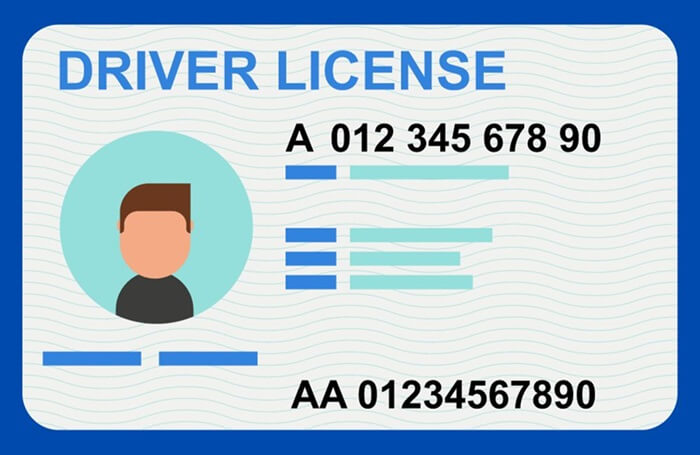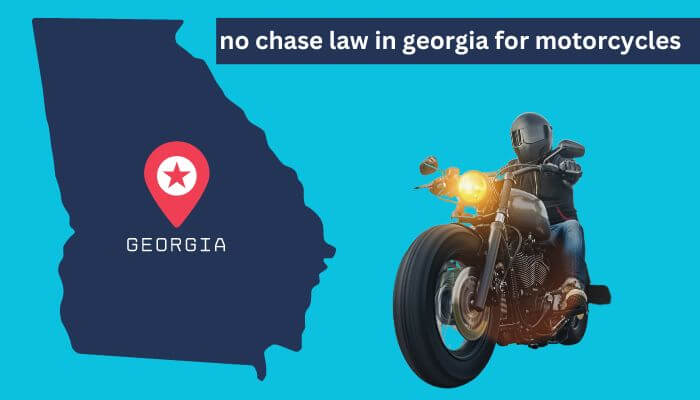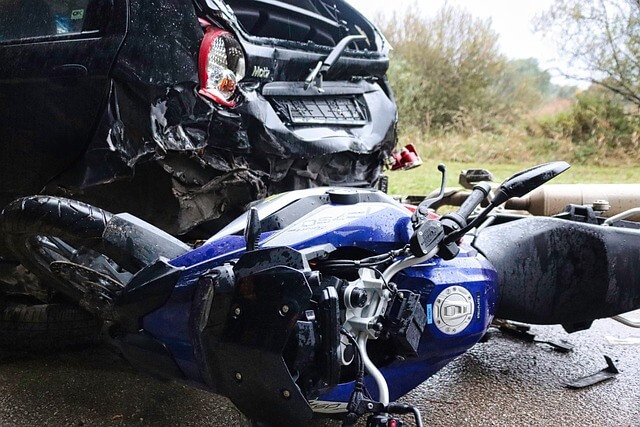Lawyer or attorneys practice in a variety of fields, including family law, commercial law, personal injury, criminal defense, and others.

Riding a motorcycle is not just a means of transportation; it’s a thrilling adventure that beckons many enthusiasts. If you’re considering joining the ranks of Florida’s motorcycle riders, it’s essential to understand the ins and outs of obtaining a motorcycle license in the Sunshine State. In this guide, we’ll explore the requirements, process, and valuable tips for securing your motorcycle license in Florida.
Understanding the Basics: Before delving into the specifics, it’s crucial to understand the different types of motorcycle licenses available in Florida. The state offers two main categories: the Motorcycle Only License (also known as a “Motorcycle Endorsement”) and the Motorcycle-Also License (combining a motorcycle license with a standard driver’s license).
motorcycle license Florida Requirements
To apply for a Motorcycle Only License, you must meet the following requirements:
- Age Requirement: Applicants must be at least 16 years old to apply for a motorcycle license in Florida.
- Learner’s Permit: Before obtaining a full motorcycle license, individuals under 18 must first secure a learner’s permit. This permit requires passing a written test covering traffic laws and safe riding practices.
- Basic Rider Course (BRC): Completion of the Basic Rider Course is mandatory for all first-time motorcycle license applicants. This course provides essential skills and knowledge for safe motorcycle operation.
- Written and Skills Test: After completing the BRC, you will need to pass both a written test and an on-cycle skills test to obtain your motorcycle license.
Requirements for Motorcycle-Also License: If you already have a standard driver’s license and wish to add a motorcycle endorsement, you can follow these steps:
- Meet Age Requirements: You must be at least 18 years old to obtain a Motorcycle-Also License.
- Pass the Written Test: Take and pass the written test covering motorcycle-specific rules and regulations.
- Complete the Basic Rider Course (Optional but recommended): While not mandatory for experienced riders, completing the Basic Rider Course is highly recommended, as it provides valuable insights and may waive the skills test.
Application Process: Once you’ve met the necessary requirements, you can visit a local Florida Department of Highway Safety and Motor Vehicles (DHSMV) office to apply for your motorcycle license. Be prepared to provide identification, proof of completion for the Basic Rider Course, and payment for the applicable fees.
Tips for Success:
- Study the Motorcycle Handbook: The Florida Motorcycle Handbook is an invaluable resource that covers all the information you need to know for the written test.
- Gear Up for Safety: Invest in proper safety gear, including a helmet, gloves, and protective clothing. Florida law requires all riders under 21 to wear a helmet.
- Practice Regularly: Whether you’re a beginner or an experienced rider, regular practice is key to honing your skills and staying safe on the road.
Conclusion:
Securing your motorcycle license in Florida is a rewarding endeavor that opens the door to exciting adventures on two wheels. By understanding the requirements, completing the necessary courses, and prioritizing safety, you’ll be well on your way to enjoying the freedom of the open road in the Sunshine State. Ride safe and embrace the thrill of the ride!









